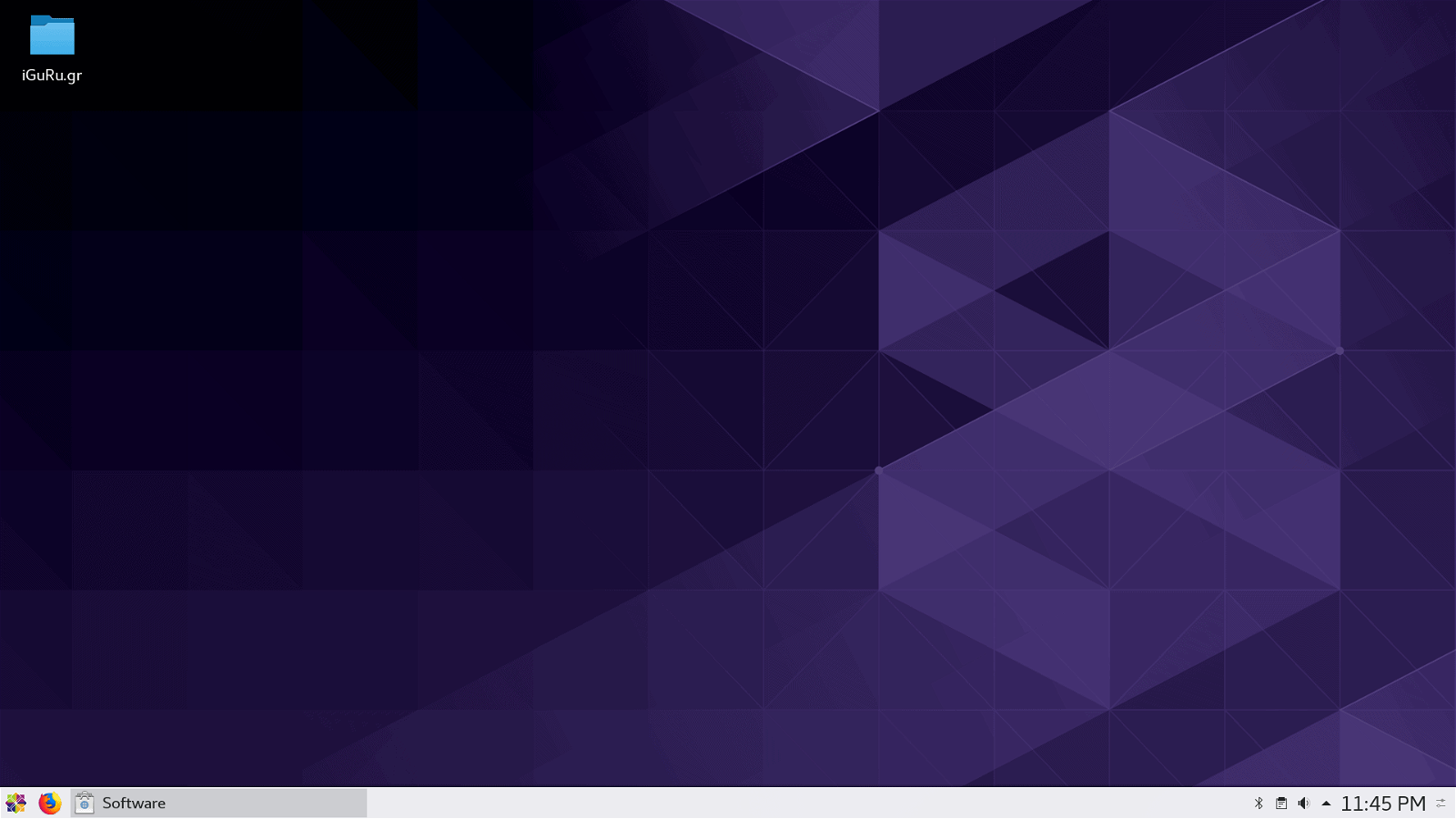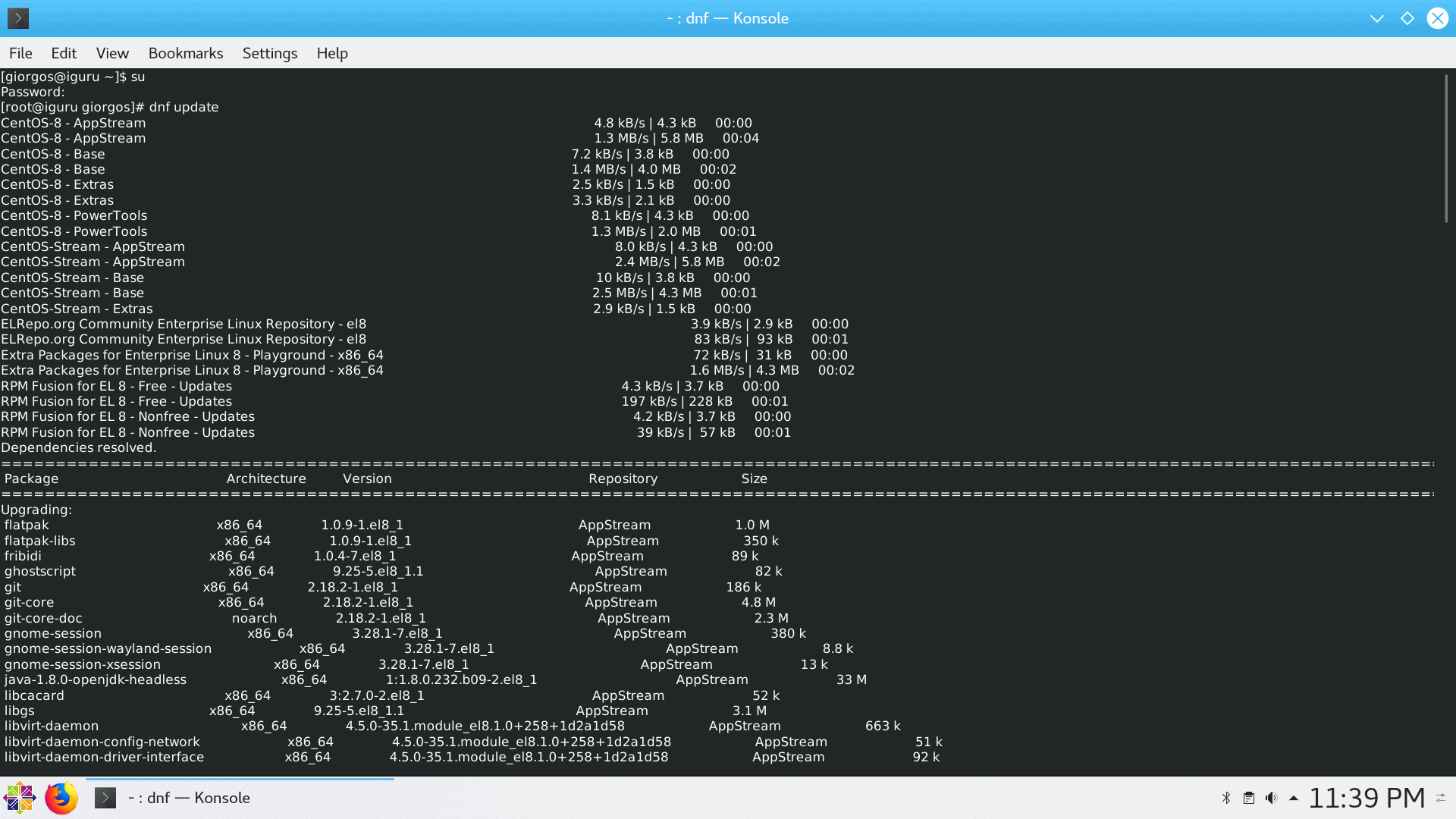The distribution community CentOS ανακοίνωσε σήμερα την κυκλοφορία του CentOS Linux 8.1 (1911). Η ενημερωμένη έκδοση βασίζεται στον πηγαίο κώδικα του λειτουργικού συστήματος Red Hat Enterprise Linux 8.1.

CentOS Linux 8.1 (1911) is coming four months later the release of CentOS Linux 8, which is based on Red Hat's Red Hat Enterprise Linux 8 series, to add all the new features and enhancements to the Red Hat Enterprise Linux 8.1 update.
New features include kernel live patching, a new routing protocol stack called FRR that supports both IPv4 and IPv6 protocols, an extended version of the Berkeley Packet Filter (eBPF) to help sysadmins troubleshoot complex network problems, support for re-encryption block in LUKS2 while the devices are in use, as well as a new one tool to create SELinux policies for containers called udica.
"With udica, you can create a custom security policy to better control how a container accesses server system resources, such as storage, devices, and network," the new release notes.
CentOS Linux 8.1 also comes with additional FIPS-140 and Common Criteria certifications, XDP (eXpress Data Path) eBPF-based high performance data path as a Technology Preview, QCOW virtual image import support, and a new tool linecommand line in Identity Management called Healthcheck and helps users discover problems that could affect reliability in IdM environments.

Some packages and key components have also been updated to CentOS Linux 8.1 (1911). Among them, we can mention Tuning 2,12 a system adjustment tool, which supports CPU list negation, the chrony 3.5 suite, which can now more accurately synchronize the system clock with hardware time stamping, as well as and PHP 7.3, Ruby 2.6, Node packages. js 12, nginx 1.16, LLVM 8.0.1, Rust Toolset 1.37 and Go Toolset 1.12.8.
CentOS Linux 8.1 Installation Images (ISO) (1911) are available for download για τις αρχιτεκτονικές 64-bit (x86_64), PowerPC 64-bit Little Endian (ppc64le), AArch64 (ARM 64-bit), και ARMv7hl/ARMhfp. Οι εικόνες Vagrant και Generic Cloud είναι επίσης διαθέσιμες για λήψη από την επίσημη ιστοσελίδα.
Anyone who has CentOS Linux 8.0 (1905) installed can simply update their system.





